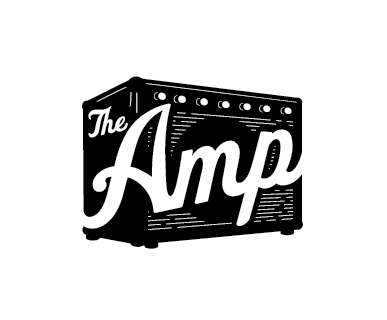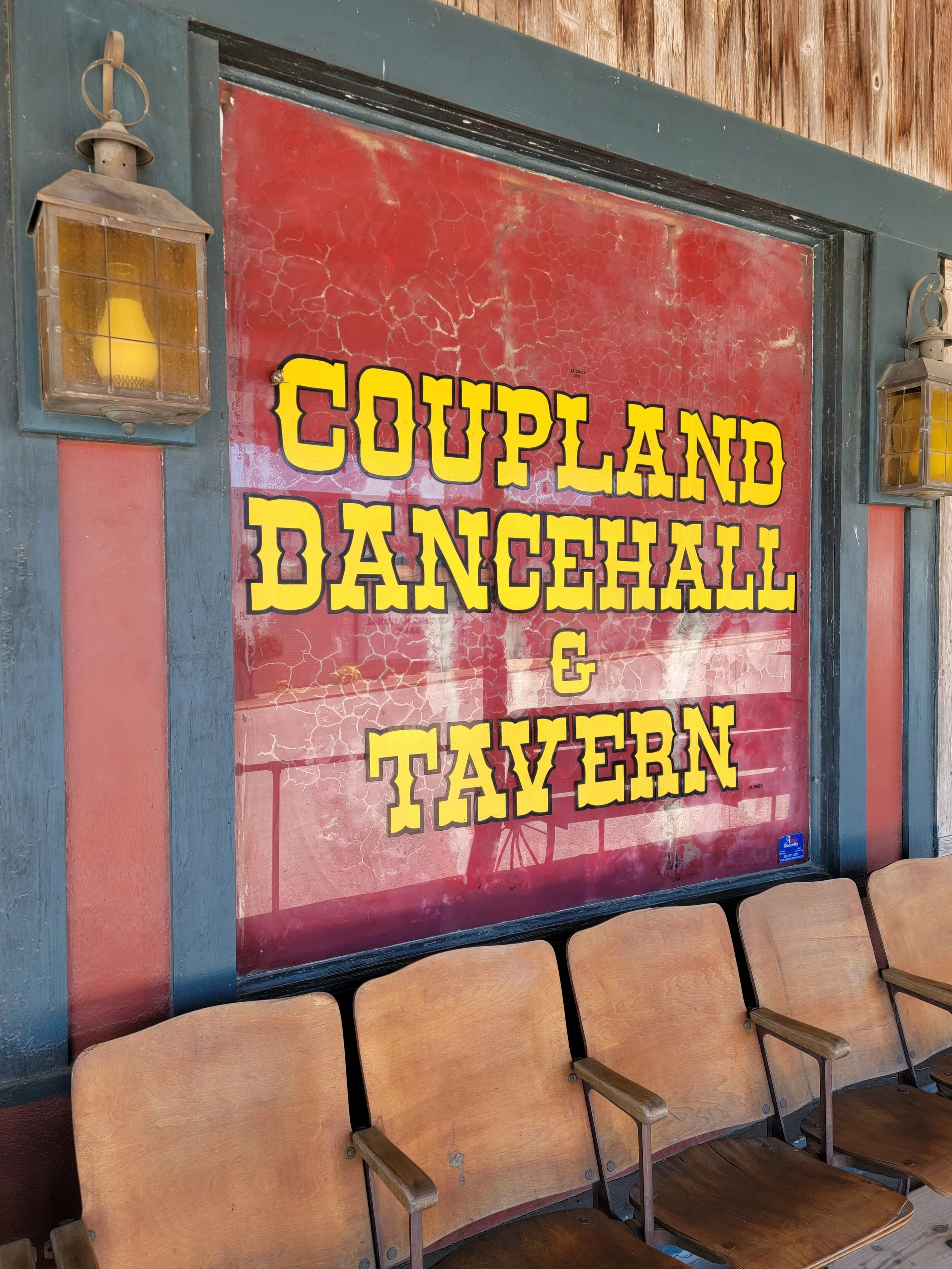Wild Earp: Dyin’ for an Easy Livin’
How do you make a Wild Earp record? Take a honky tonk band, drench it in Tequila, put nine people on stage, have a revolving host of talented writers and a charismatic frontman. That’s a start. I had the opportunity to catch up with Wild Earp himself, a Chicago-based musician who has previously released some material in more of a solo fashion, and is now getting the posse together to bring some depth to the songs that define him and the Free For Alls.
When I heard the first track, it felt like line dancing on mescal--trippy, fun, loud, smiling. The album is packed with that kind of energy: it makes you want to move, has deep hooks, and doesn't take itself too seriously, but it is art. The kind of art that only a thoughtful artist can make. It pays respect to the albums and artists that paved the way with a degree of showmanship that’s often lacking in the current landscape of toned-down Americana.
From the opening beat of “Ain’t It a Shame (When Your Horse Goes Lame),” you immediately know this isn’t going to be a single man and an acoustic guitar telling you why the world should be more serious. But that doesn’t mean that Earp and the Free For Alls, who contributed tracks, have nothing to say. Kiley “Sweet Sassy Molassey" More offering her first writing effort for the band with “Smile Like That,” proves the writing talent of the band isn’t isolated to its front man, nor is the vocal talent. This album feels like what a wife picks up on her wedding day: something old, something new, something borrowed and something blue. It’s eclectic and full of surprises, and manages to not get too wrapped up in a formulaic nostalgia, even though the record is clearly influenced by musicians that wrote within eras passed.
Speaking with Wild Earp I had some questions, and some answers brought about more questions. Starting with the front man being a Chicago native. I don’t associate Chicago with honky tonk, but according to Wild Earp, there’s a thriving scene and people thirsty for the sound, armed with a belief that someone can “push against the borders of what country music is, and bring in any other kind of music, and still retain the heart of country music.” Asking why he decided to press the genre in a place that isn’t specifically country music territory, he answered, “It’s an exercise as an artist, people have the expectation that it’s country music, once that expectation is set, you can play with the form.”
We discussed some heroes and inspirations and some interesting things came out. Some that you’d expect, like Graham Parsons, noting the rock influences as a cornerstone of early American music, “a gateway drug to George Jones and Merle Haggard.” Wild also gave me a little bit of a history lesson, teaching me that Roger Miller wrote the soundtrack for Disney’s Robin Hood, citing that this too was an influence even at an early age. We also discussed yodeling “Hollywood” cowboys like Gene Autry and Roy Rogers, knowing that this showmanship had played some role in the packaging of music. “There’s a package to the music, there’s a piece of that in what I do. That’s different from what you get in other areas of the country, I write authentic music and meld authentic influences. You never know what you’re going to get.”
Another influence that came up multiple times was David Bowie, specifically Hunky Dory, which, when asked in a life or death situation if he had to name three albums to keep, made the list. Along with Sweetheart of the Rodeo by the Byrds and Graceland by Paul Simon. An interesting mix for a Honky Tonk wildman. In discussing literature, it became clear that the contrast in Wild Earp’s music is ever present in his taste. Three books that Wild Earp thinks you should read are the classic Old Man and the Sea by Ernest Hemingway, Sisters Brothers by Patrick DeWitt, and the one that I believe gives a great deal of insight into the brain of some of the more tragic elements of Wild Earp and the Free For Alls’ release, Blood Meridian by Cormac McCarthy.
During one of the more poignant parts of our discussion, something that he said stuck with me long after our conversation, and I believe is worth sharing: “Every artist goes through that path of enlightenment, the more exclusive you become with your taste the easier it is to get a little narrow sighted and snobbish about the music you like and the music you make. In this day and age, do whatever you want.” Excellent advice for artists, listeners and consumers of art. That to me sums up a lot of the free spirit that you’ll find saturating Dyin’ for an Easy Livin’.
Another piece of what I believe came through in the interview, is an ego-free approach to credit for the folks who helped make Dyin’ for an Easy Livin’ a reality. When I mentioned the photograph that caught my attention which became the album cover, Wild Earp asked that I include the photography page of the man who holds the time, Alan “Double Barrel” Maniacek the drummer. You can find his work at www.intheblackphotography.com.
In addition, he wanted to be sure to note that this sophomore effort was a band affair, with some official and some unofficial members of the backing band, The Free For Alls, contributions from Kiley “Sweet Sassy Molassey” More on vocals, Jed “Valentine” Taylor on guitar and vocals, “Gorgeous” George Hurden on guitar and mandolin, Sean “Ponyboy” Hughes on piano, Charlie “Ace” Malave on Bass, Robert “Big League Chew” Daniels on pedal steel (tracks 7 and 10), with the remainder of the steel guitar covered by Brian Wilkie, Felipe Tobar on fiddle for tracks 1 and 4, Jess McIntosh on fiddle on track 6, and Hope Arthur on Accordion track 4.
Take a listen and enjoy Dyin’ for an Easy Livin’ out on July 9th where music can be purchased or streamed, and if you’re in a town with Wild Earp and the Free For Alls, don’t miss a show!
Find out more about Wild Earp here:







